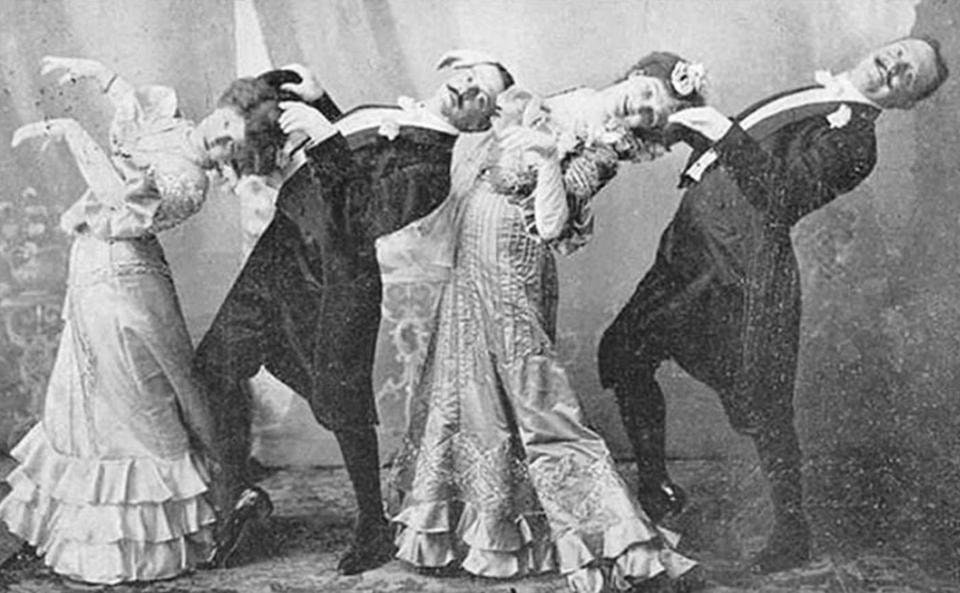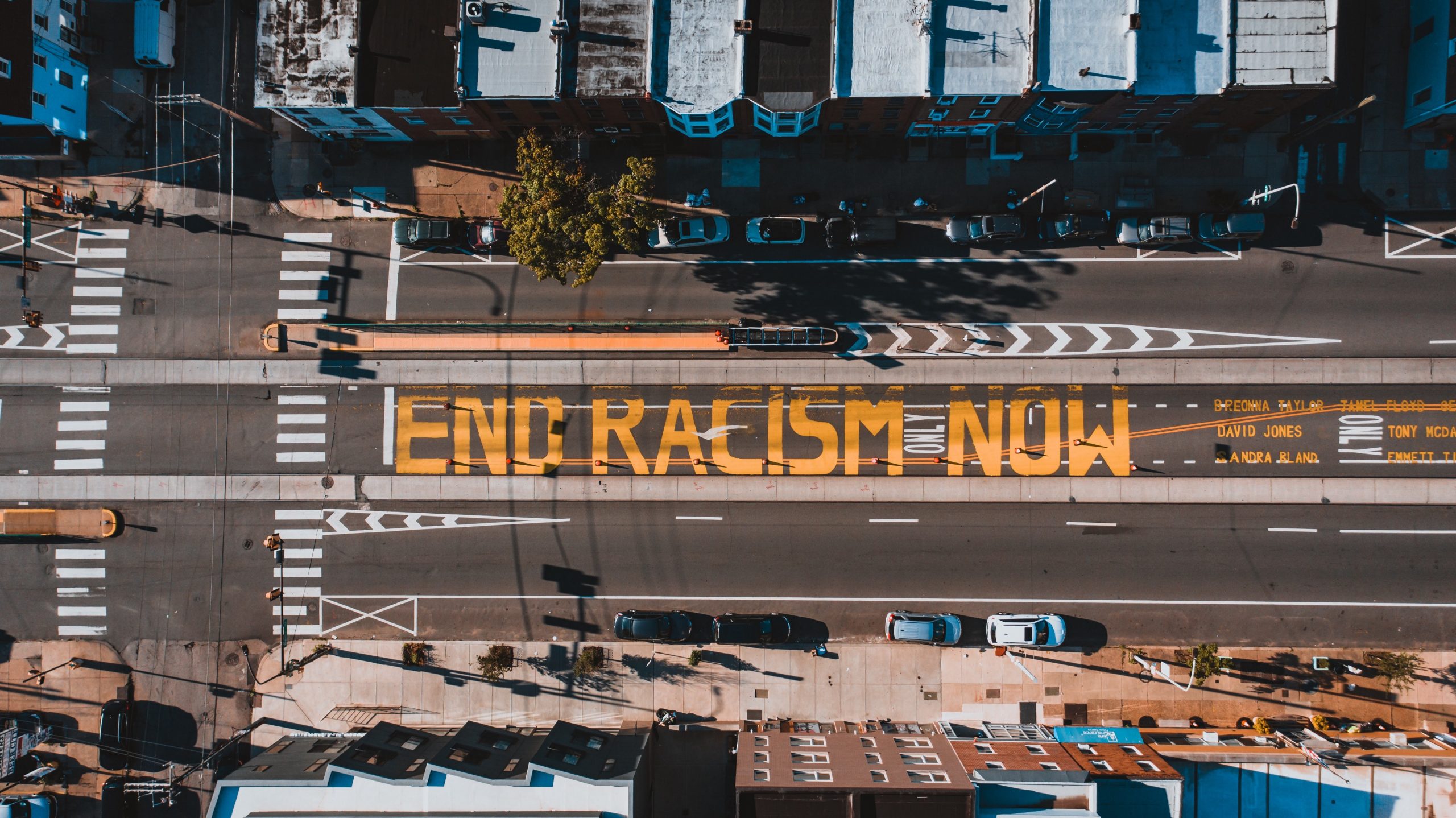Odds are that you use these phrases every day
Political correctness has been one of the biggest learnings of this year. Amid a worldwide outbreak, voices from all over the world rallied against the age-old contagions that have been plaguing humanity. On this uphill climb to social justice, we have uncovered an underlying structure of discrimination that lurks beneath our milieu. As our language has been shaped alongside a predominantly racist climate, it has absorbed some of the recollections from that period. On our journey to free our system of its prejudice, we must also purge our lexicons of the scars of the past which stoke buried hatred. Here are some phrases that you should immediately remove from your usage.

Cakewalk
Cakewalk is a word very commonly used to describe a task that is extremely easy to perform. However, this word has a dark and completely antithetical connotation. The ‘cakewalk’ was the name of a pre-Civil War dance originally performed by slave-people on the plantations. The dance was often adjudicated by the owners who would be mocking the subaltern communities as they performed the task in chains. The winner of the contest was given a cake and hence the name. Strange enough, in certain instances, the dance was also performed during the auctions of the slave-people where it was used to indicate their ‘value’ to the bidders. The word alludes to some of the darkest times for the African-American communities and calling their ordeal ‘easy’ is extremely insensitive. Through macabre transmutations, the word has survived in our dictionaries and it is high time that we eliminate it altogether.
Eskimo
This term is a drastic oversimplification which the medieval European navigators used for huge swathes of different Native American nations living in the Arctic regions. Under this umbrella-term, the distinct identity of the people was fused together into an arbitrary collective noun. Linguists believe that the word came from the French word ‘esquimaux,’ referring to one who nets snowshoes. The Alaska natives have petitioned for the use of ‘Inuit’ over Eskimo to refer to them. Over the years, our media is fraught with a plethora of references that perpetuate this misnomer. Getting rid of this slur from our language allows for a more culturally inclusive discourse.
Related: We Need More Than Symbolic Change
Nitty-Gritty
The expression is used to imply an examination of the basic facts of the situation. It originated to refer to the bottom portions of the ships used to transit the enslaved people across the Atlantic. Some scholars believe that the term was also used as a euphemism for the N-word at the beginning of the previous centuries. Recently, Sky Sports has banned the use of this word by its commentators in order to maintain political correctness. As global citizens, we should be cognizant of the slanderous history behind this phrase and steer clear of it.
Master Bedroom
The largest room in a house is called the master bedroom. However, the phrase is loaded with heavy colonial baggage. Though its origins are contested, the phrase most likely emerged from Dutch architecture in the 20th-century colonies. Inside the large colonial estates, a feudal hierarchy was maintained to run the affairs. Different roles were maintained with a strong sense of segregation, with only the upper echelons of staff allowed access to certain parts of the house. Furthermore, the terminology leaves independent women out of homeownership by not having room for a ‘mistress bedroom’. The ‘master bedroom’ represented a beacon of exclusion because it disbarred entry to people of color. Somehow, this sort of class-based pejorative stuck in our vocabulary and continues to feature in our written work, even the most prized novels of our times, include such a classification in their descriptions. In fact, recently, as an aftermath of the BLM protests, the National Association of Home Builders has opted to replace the phrase with ‘primary bedroom.’
Spirit Animal
In common parlance, we use “spirit animal” to refer to something that we identify with. This phrase is a form of cultural appropriation that diminishes the true cultural significance of spirit animals. Some Native American tribes believe in spirit animals or totems which are sacrosanct spirits that guide and protect them. In their worldview, these signs have a religious significance. Using this phrase loosely constitutes enormous disrespect towards their sentiments. Often, online quizzes relegate the duty of assigning spirit animals, which was initially conducted by the most venerated native priests and elders. Such a diminution is extremely offensive to the indigenous tribes and we should be mindful of it.
Fuzzy-Wuzzy
Now, permeating through our conversations as a word for endearment, this expression has a dark past. This was originally a derogatory term used by 19th-century British colonial soldiers for the members of an East African nomadic tribe — the Hadendoa. It was a reference to a phenotype of curly hair found within the community. There are instances where this phrase was applied to the African communities in general where it’s a cultural norm to keep long hair. Rudyard Kipling also uses this phrase as the title of his controversial poem which looks at the bravery of the Hadendoa people from a white gaze. We often look out for homophonic two-words to churn out epigrammatic and engaging speech. However, during this search, it is important to remember that this expression is ‘no-go’ territory.
RELATED: 11 Thanksgiving “Facts” That Aren’t True
Hip-Hip Hurray
Yes, even this seemingly infantile cheer has a dark origin behind it. Today, we commonly use it in fiction to reflect some jubilant or congratulatory emotion. However, it has a deeply anti-semitic history. The cry has its origins in the Latin phrase ‘Hieroslyma est perdita’ which means ‘Jerusalem has fallen’. The chant was used as a war-cry for the Hep-Hep riots of the 19th century Germany, where thousands of newly emancipated Jews were lynched. For numerous instances in the 20th century, European mobs would launch it as a call for an attack on the neighboring Jewish people. It is advisable to drop the ‘Hip-Hip’ while using the phrase, and only ‘Hurray’ be used to convey the speaker’s original intention.
These words have survived in English largely because people are unaware of the hurtful context behind them. Only in recent times have we begun to sieve these disparaging remnants of that bygone era from our language. For times immemorial, language represents the entire thought process of the era where it is used. Even today, to reconstruct the past our historians undergo the grueling struggle of deciphering unknown languages. For the generations to come, the language we use today will reflect the kind of people we were.
Hence, in order to reflect the plurality of our times, we must refrain from perpetuating racism by scrutinizing the weight of our words. While no seven-point list can instantly gouge out centuries of hatred, together, we shall overcome someday.
For our larger edification, please share with us if there are any expressions in the English language which hurt your or your community’s sentiments.


How about you stop ruining things that aren’t hurting anyone?
You would be well served to verify these etymologies on etymonline.com. Most are incorrect.